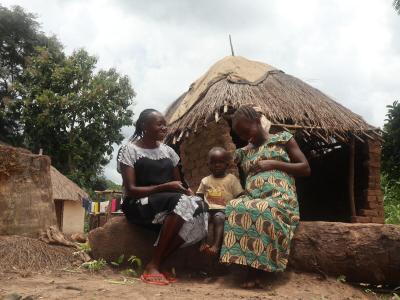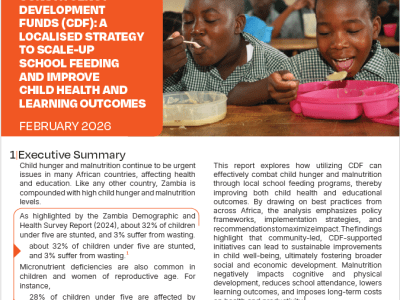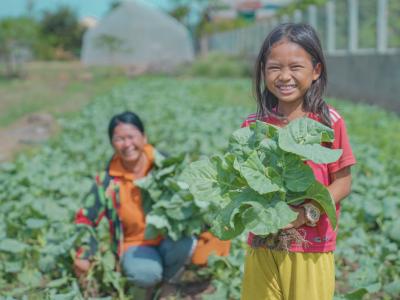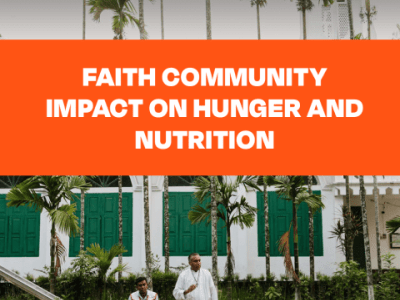publication / November 18, 2025
CHW AIM-Checklist Poster
World Vision created a CHW-AIM checklist to guide NGOs in responsibly supporting community health workers and aligning with national health systems.
publication / November 17, 2025
Using the C3 Tool to Estimate CHW Workload Poster
World Vision applied the CHW Coverage and Capacity (C3) Tool in 43 countries to assess CHW workloads and take action to prevent overwork.
publication / November 17, 2025
Promoting Gender Responsive Policies and Programmes for CHWs in Sudan Poster
World Vision used a gender analysis framework in Sudan’s Blue Nile State to assess and strengthen gender equity in community health worker programmes.
article / February 9, 2026
Nahin, Empowering Adolescents Through Sexual and Reproductive Health Education
Nahin, a young boy from Dhaka, transformed from silence to confidence through World Vision Bangladesh’s Life Skills-Based Education and ASRHR programmes, becoming a youth leader and advocate for adolescent rights.
article / February 9, 2026
Empowered by World Vision: How Ten Women Built a Thriving Broiler Business in Butha-Buthe
World Vision support empowers women in Butha-Buthe to grow a successful broiler business, increasing income, unity, and household stability.
publication / January 21, 2026
Constituency Development Funds (CDF): A Localised Strategy to Scale-Up School Feeding and Improve Child Health and Learning Outcomes
Child hunger and malnutrition continue to be urgent issues in many African countries, affecting health and education. Like any other country, Zambia is compounded with high child hunger and malnutrition levels.
publication / February 4, 2026
Project Factsheet: Building Climate-Adaptive Solutions through Inclusive Market Networks (BASIN)
Building Climate‑Adaptive Solutions through Inclusive Market Networks (BASIN) is a four‑year regional initiative (2025–2029) funded by Australia’s Department of Foreign Affairs and Trade through the Mekong–Australia Partnership. Implemented by a World Vision–led consortium, the project supports smallholder farmers in Cambodia’s Kratie Province to adapt to climate change through inclusive and climate‑smart agri‑food systems. Focusing on cashew and vegetable value chains, BASIN aims to improve household incomes, strengthen women’s and marginalized groups’ participation and leadership, and generate evidence to inform regional learning and policy dialogue across the Mekong sub‑region.
publication / January 29, 2026
Faith Community Impact on Hunger and Nutrition
A global synthesis of Faith-Based Nutrition Dialogues highlighting how faith communities address hunger, malnutrition, and nutrition systems gaps.
opinion / February 3, 2026
When political will becomes the missing piece in effective climate action
What do climate resilience, WASH financing, and the outcomes of COP30 mean for children and communities across the Asia–Pacific region?
publication / February 4, 2026
Who are Ukraine Crisis Response's Partners?
A comprehensive list of World Vision Ukraine Crisis Response's 97 local and international partners since February 2022.








